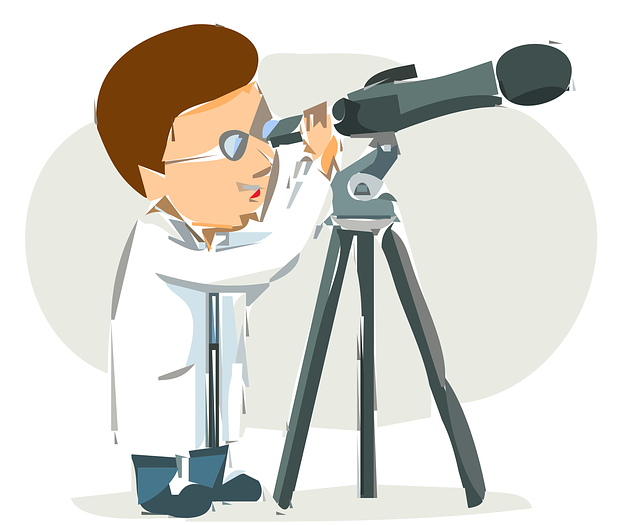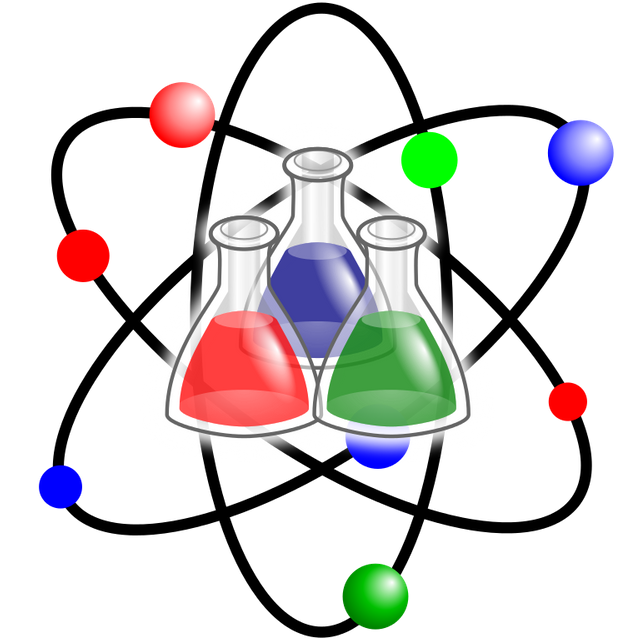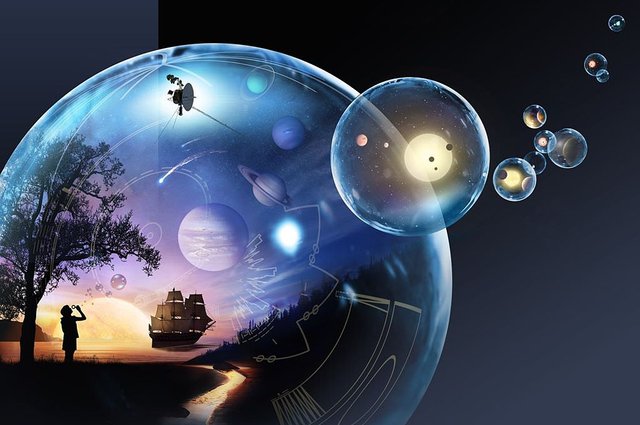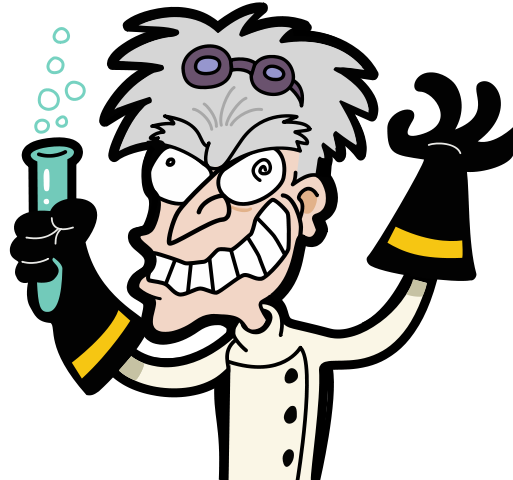What is special about science?
Dear steemians, today I write a bit about science, in a simple way about how special it is. This post arises from a question that my younger sister asks me some time ago.
what is special about science according to my point of view?
I stopped to think a little to answer in a simple and a little didactic so that she could understand me.
For this reason I share this anecdote with you and at the same time I transform it into educational content. Source of the image
So to begin with, we should know that the knowledge can be of several types. Knowing where the store is closest to your home is empirical knowledge, an herbal remedy for cough is traditional knowledge. Some people even talk that some divine being can reveal knowledge, but when it comes to distinguishing what is true regardless of the circumstances or beliefs of each person, there is a special type of knowledge: scientific knowledge.

In the Renaissance, Galileo had many problems because the assertions he made based on observation and mathematics contradicted the prevailing beliefs.
The scientific method becomes important in the seventeenth century thanks to people like the great Isaac Newton, certainly at that time were not called scientists but "Natural Philosophers." The term "scientific" began to be used until the 19th century.
What makes science so special?
Well, it deals with a method that has as its foundation on the one hand empirical observation, that is, what can be seen, touched, weighed, measured or tested and on the other that proposes explanations based on logical reasoning. In addition, science is universal: an experiment done in Brazil will give the same results in Switzerland if it is done under the same conditions, which allows observing regularities and even formulating theories and even discovering laws of nature.Source of the Image
Another feature that distinguishes science is that it corrects itself, never reaches definitive truths but provisional. An honest scientist will not say "this is an absolute truth", but "this is true as far as we know", because it is possible that in the future evidence will emerge that enriches or questions current knowledge.
Science is not always neutral: it is created by humans as part of a culture and a social structure, and these are mutually modified. There are those who have used science as an excuse to justify racism or exploitation, or as a source of technologies that can harm humanity. But it has also served to improve our health, communication and above all to dramatically enrich our awareness about ourselves and the cosmos of which we are a part. Source of the image (NASA)
It is because of these impressive capabilities that we could think that science belongs only to some special beings. When we do not see them as crazy capable of destroying the world.Some think of scientists as extraordinary people, something like priests who "channel knowledge" of that unusual world in which they live. Source of the image
But the reality is that it is not like that, that scientific thought is available to everyone, as long as we cultivate three attitudes:
Skepticism: this means to doubt. Do not believe that something is true just because it is affirmed by an important person, or is written in a famous book or because it has very intellectual words.
Openness: the ability to admit new evidence, even if it goes against what we thought was true. Accept that what we know is partial and that we may be wrong.
Curiosity: the most important of the three attitudes. Keep asking us the "why" of things all the time. Cultivate the sense of amazement and wonder, because our universe is amazing and wonderful.
So science is not a distant and strange knowledge, but an activity that you can practice. You do it when you ask something and you respond by experimenting, observing, thinking explanations with logic and ... ending with more questions.
The images used in this article can be reused according to your copyright.




Interesting one @jlmol7
Its not just a bit of science, you covered a lots ....
Curiosity is the main factor what i think, science has almost all the answers one wants
Cheers
That's right, being curious is what has led the human being to reach great discoveries. I'm glad you liked the topic ... Greetings! @vinamra
Great stuff. Looking forward to reading more of your work.
Congratulations! This post has been upvoted from the communal account, @minnowsupport, by Jlmol7 from the Minnow Support Project. It's a witness project run by aggroed, ausbitbank, teamsteem, theprophet0, someguy123, neoxian, followbtcnews, and netuoso. The goal is to help Steemit grow by supporting Minnows. Please find us at the Peace, Abundance, and Liberty Network (PALnet) Discord Channel. It's a completely public and open space to all members of the Steemit community who voluntarily choose to be there.
If you would like to delegate to the Minnow Support Project you can do so by clicking on the following links: 50SP, 100SP, 250SP, 500SP, 1000SP, 5000SP.
Be sure to leave at least 50SP undelegated on your account.